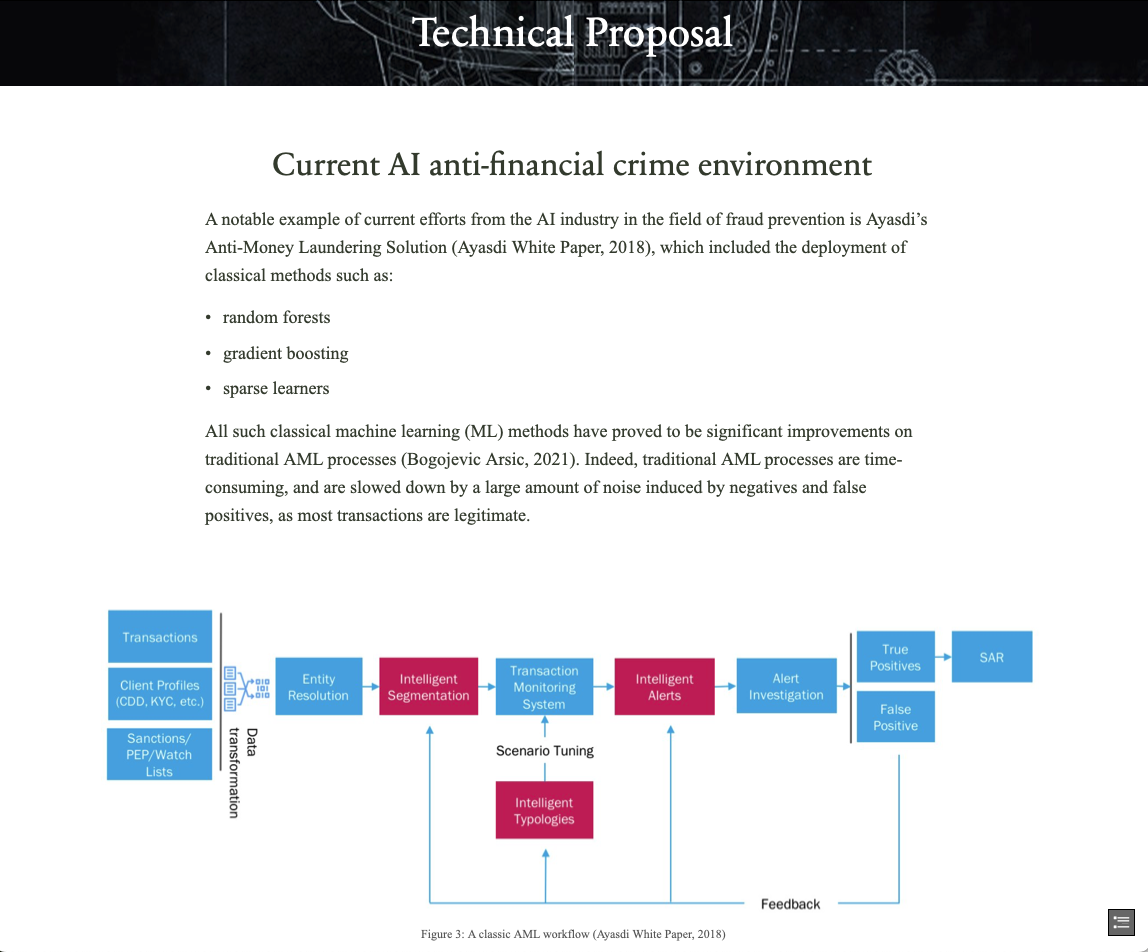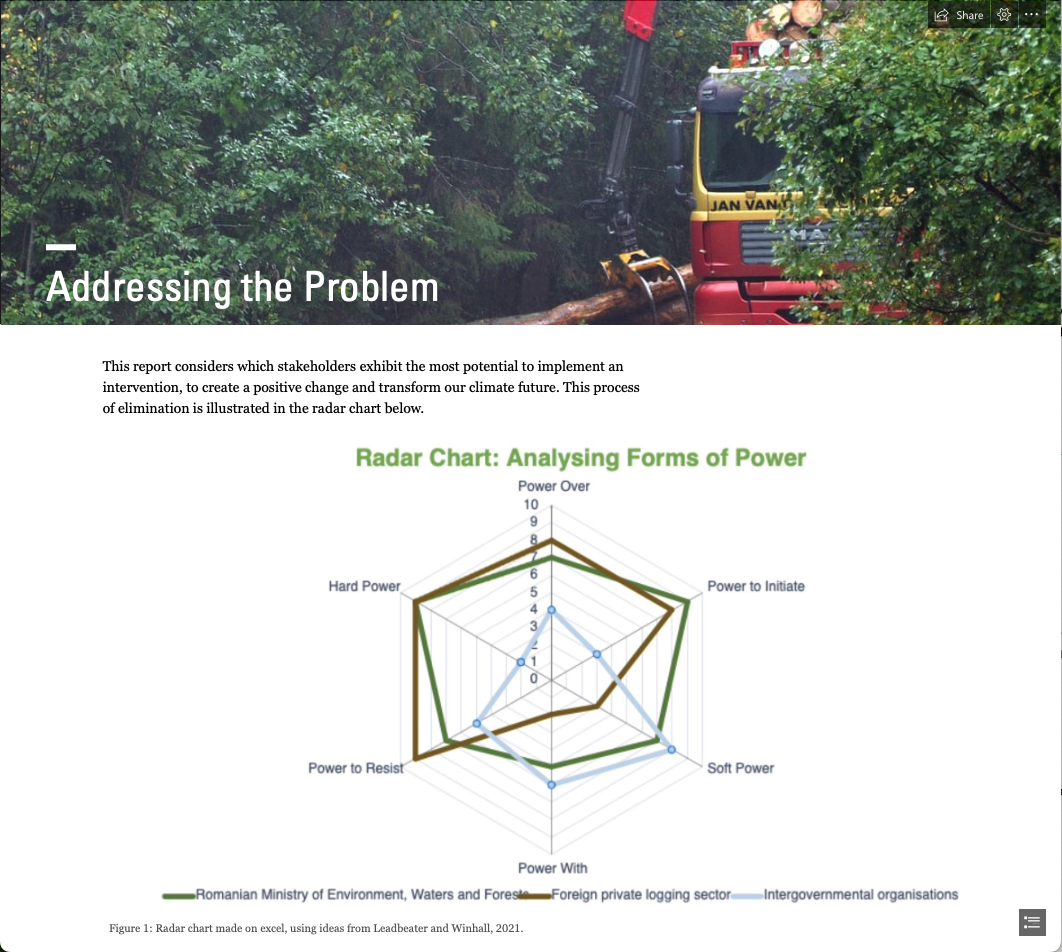As Associate Professor (Education) at LSE and one of the Co-Directors of LSE100, a key part of my work is supporting first-year undergraduate students to develop their skills and academic confidence once they arrive at university. Digital skills development has been critical to this mission, and LSE100 has partnered with the Digital Skills Lab (DSL) for several years to enable our students to hone 21st century capabilities in a range of digital technologies.
This partnership began in 2018 when we collaborated with the DSL on a project which offered students the opportunity to develop skills in data visualisation through the use of Tableau. The project was embedded in an LSE100 module focused on the question of how we can address global food insecurity, and students were able to draw on a huge range of national and international datasets to create data dashboards. This enabled students to learn, in a very practical way, the skills and expertise required to engage in data storytelling across disciplines.
Our collaboration with DSL continued in 2019 when we were among the first at LSE to teach students about artificial intelligence (AI) and its impacts on society. Here, the DSL supported us to embed a range of AI-related activities into the module, including signposting to coding and machine learning resources for students who were interested in extending their technical knowledge of this interdisciplinary field.
Most recently, we have partnered with the DSL since 2022 to support our students’ creation of digital reports as part of a term-long interdisciplinary group research project. We were interested in a platform that would allow students to create engaging digital reports that made use of non-text elements such as video, data visualisations, animations and interactivity. The DSL worked with us to identify and use Sway, a product that offered a user-friendly interface and was part of the Microsoft ecosystem, meaning students were able to easily transform their Word files into engaging reports. With Sway, students were empowered to design interactive, persuasive reports (as shown in pictures below) without needing specific expertise in graphic design tools.

The DSL supported students’ use of Sway with drop-in sessions throughout the term, offering a space for them to ask technical questions or get advice on embedding specific elements into their report. The DSL also collated useful resources for us to share with students about how to use Sway effectively, and answered questions from our teaching team on the design of our digital report assessment.
I would definitely encourage other academics around the School to draw on the DSL’s expertise if you are thinking about embedding digital skills development into your courses or assessments. For us, an essential first step in the process was to identify how digital skills components could support our learning outcomes and course content, enhancing students’ experience of LSE100. Once you have a clear goal, you can work with DSL to identify which tools, platforms, and skills will be most meaningful for students in your context, preparing them for future study and work in a digital age.

Testimonial by Dr Jillian Terry, Associate Professor (Education) and LSE100 Co-Director
Inspired? Find out how the Digital Skills Lab can help here.